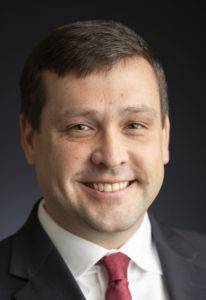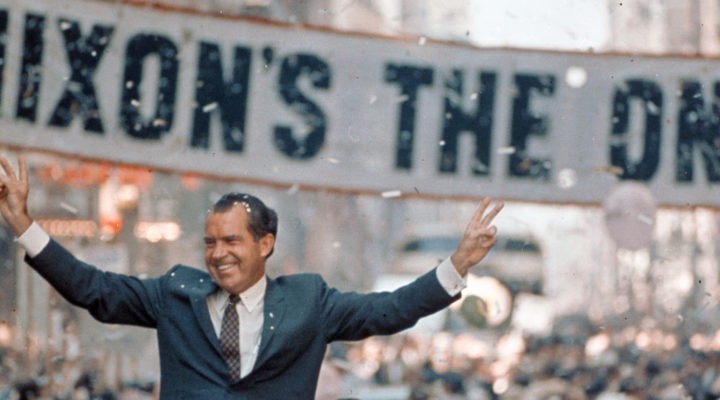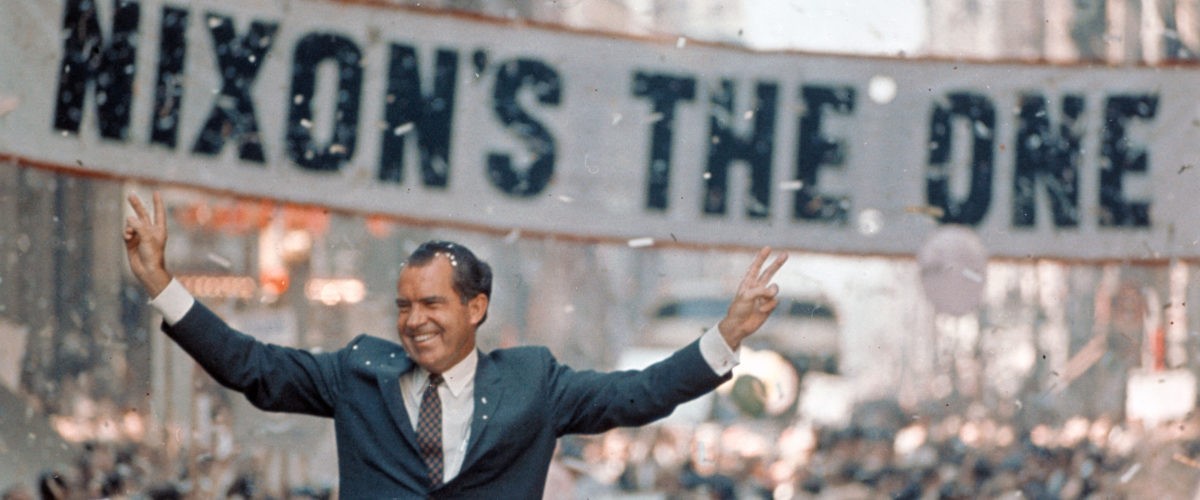If you’ve been paying attention, the phrase “law and order” has saturated the news cycle of late. Some political candidates posture themselves as the “law and order candidate,” while other social commentators decry the absence of law and order in our streets. I hope you’ll forgive me if I find this oft-employed political trope to ring a bit hollow and even serve disingenuous if not dangerous ends. Let me explain.
Some of the worst atrocities in human history were legally sanctioned by the state at the time. These misdeeds weren’t the actions of someone breaking the law but obeying it — or at least not acting illegally.

Preston Clegg
Slavery was a crime against humanity, except that it wasn’t a crime at all at the time. It was the law of the land, and the abolitionists who opposed it were often accused of being anarchists and disturbers of the peace. When disturbing injustice looks like disturbing the peace, you can be sure you’re living in a society that has structuralized chaos and called it “peace.”
Apartheid was legal in South Africa. The holocaust broke no laws in Germany. History teaches us that merely acting within the parameters of the law does not peace and justice make.
Within the biblical text, we do not lack for stories in which the “law and order” of the day was contrary to the will of God. Pharaoh’s order to kill the Israelite children was an edict from the highest office in the land, but it was undermined by two Hebrew midwives — Shiphrah and Puah — who feared God’s will-toward-life more than Pharaoh’s desires-for-death and, therefore, defied the law. Daniel refused to obey Nebuchadnezzar, as did Shadrach, Meshach and Abednego — who were all rescued by God. In the Book of Acts, Peter and John disobeyed the orders of Roman authorities, saying, “Should we obey humans or God?” The “law and order” of the state was subordinate to the law and order of God.
In more recent American history, Richard Nixon proudly trumpeted the “law and order” note in his campaigns. In the end, he showed himself the back door of the White House lest he be impeached because of corruption and cover up. He was creating the rules for a game of “law and order” he had no intentions of playing. Furthermore, Nixon’s administration began the “war on drugs,” which time has proved to be more of an intentional and legalized “war on Black people” (if you don’t believe me, please read The New Jim Crow by Michelle Alexander).
“Nixon preached law and order out of one side of his mouth while practicing deceit and lawlessness out of the other side.”
Today, our incarceration rate is 700% higher than in 1970, with communities of color bearing the brunt of that burden, largely because of regressive drug laws. Nixon preached law and order out of one side of his mouth while practicing deceit and lawlessness out of the other side and instituting policies that codified oppression onto Black communities. Pharaoh would have been proud.
Nixon’s law and order wasn’t law and order; it was cover for lawlessness and disorder. It also etched racialized subjugation into the American law code.
Whenever we hear political leaders harping on “law and order,” history would suggest we ensure they are not over their heads in corruption while doing so.
Of course, the great appeal of “law and order” to many people is that it provides an external moral authority where an internal one is often lacking. Categories of legal and illegal become substitutes, albeit poor ones, for categories of moral and immoral. Obeying the law becomes a replacement for seeking justice, and few stop to question the morality of the law they’re obeying.
Because “law and order” devotees are committed to external authority, they become easy prey for authoritarians who are more than happy to provide that authority. And no one in this camp seems to care much about holding the authorities morally accountable because the authorities are the morality, even when they are utterly immoral or amoral.
This is why the “law and order” mentality is so dangerous in systems that lack real justice, and it provides the best cover for intentional corruption. Who would dare believe you are intentionally breaking the law and fostering corruption if you keep parroting the phrase “law and order”?
“Who would dare believe you are intentionally breaking the law and fostering corruption if you keep parroting the phrase ‘law and order’?”
To be sure, fair laws and just order are both crucial raw materials for societies in which all people can flourish. However, when law and order are absent of justice and fairness, this phrase becomes another form of tyranny. When laws are immoral, they do not lead to order but institutionalized inequity and suffering. When order is unjust, it doesn’t create peace but structuralized and legalized chaos, which is the most pernicious sort.
When someone breaks a just law, it harms them and the community. But when a society’s lawbreakers become the lawmakers and inscribe injustice into the law, how great is that harm. Who will hold them accountable for that activity?
Perhaps the reason the grossest crimes of humanity were legal is precisely because the injustice was given legal sanction and state support. All the “law and order” folks were impotent to oppose it because they could appeal to no higher authority.
For all these reasons, I feel compelled to offer a stern warning to people who major on “law and order” but minor on the fairness of those laws and the justice of that order. If you yell about the former but are silent about the latter, then what you really want is for people to suffer their legally sanctioned oppression silently and without recourse.
What you are really after is an unjust society with which everyone is at peace. If your “law and order” doesn’t include the actions of people in white collars and White Houses, then it’s not really law and order you’re championing, but shallow quietism and false tranquility.
The people of God should be the folks who are most prepared to speak out against the injustices of our “law and order” because we consistently worship a God with a higher and holier law and order.
The people of God should be the ones who care about the truth enough to see through shallow propaganda to the essence of things, to ensure that talk of “law and order” is shaped by the grander virtues of justice and peace.
The people of God should be the ones calling out injustice wherever it is found, whether under the law or within the law.
The question that remains is “Will we be that people?”
Preston Clegg serves as pastor of Second Baptist Church in Little Rock, Ark. He has served churches in Arkansas, Texas and Oklahoma. He earned a bachelor’s degree in Christian ministry from Williams Baptist College in Walnut Ridge, Ark., then both master of divinity and doctor of ministry degrees from George W. Truett Theological Seminary at Baylor University.


